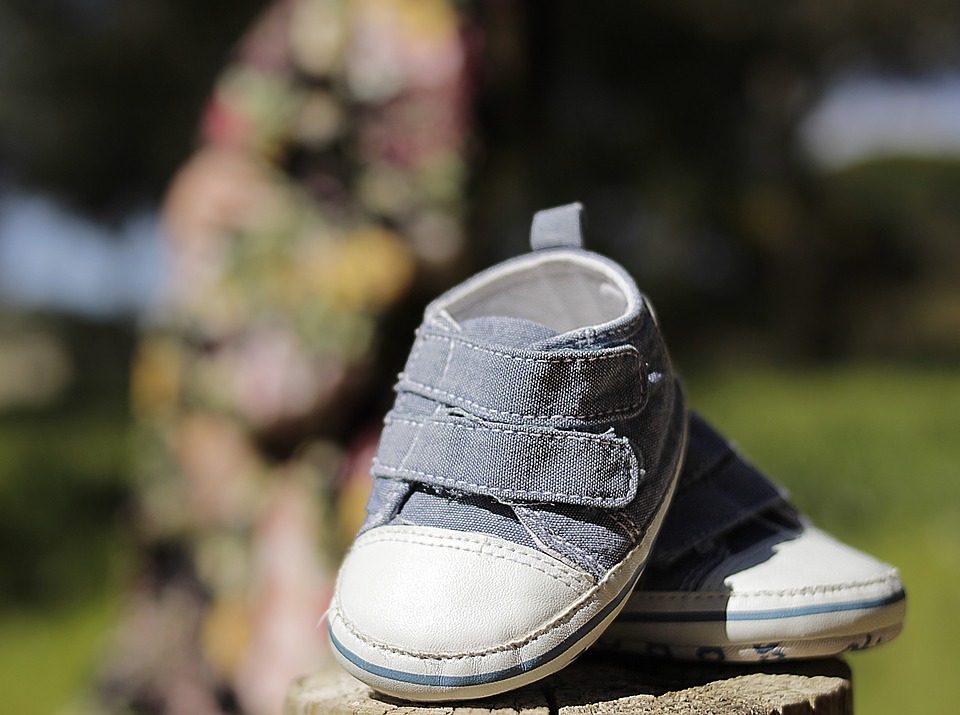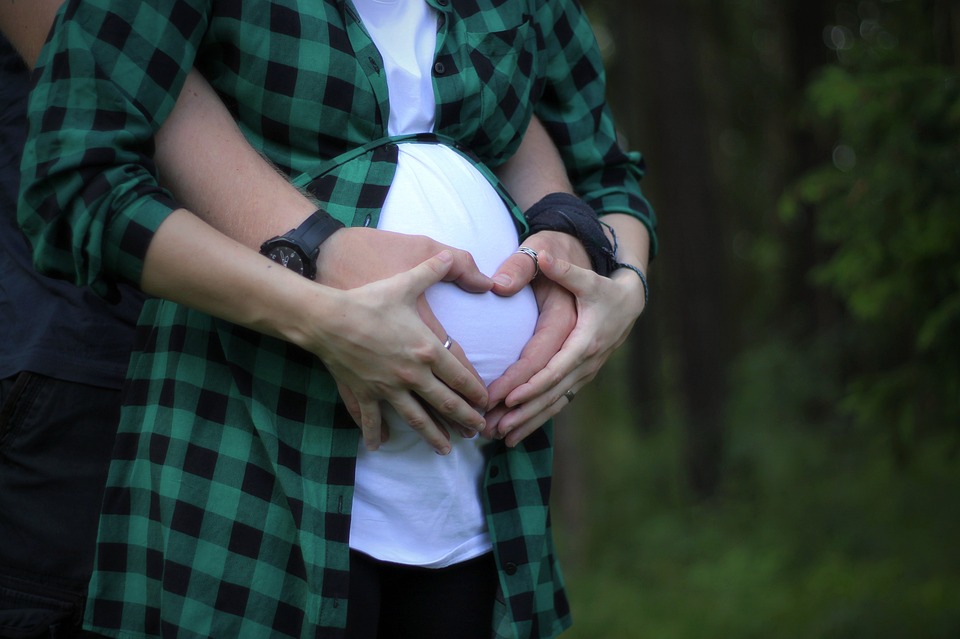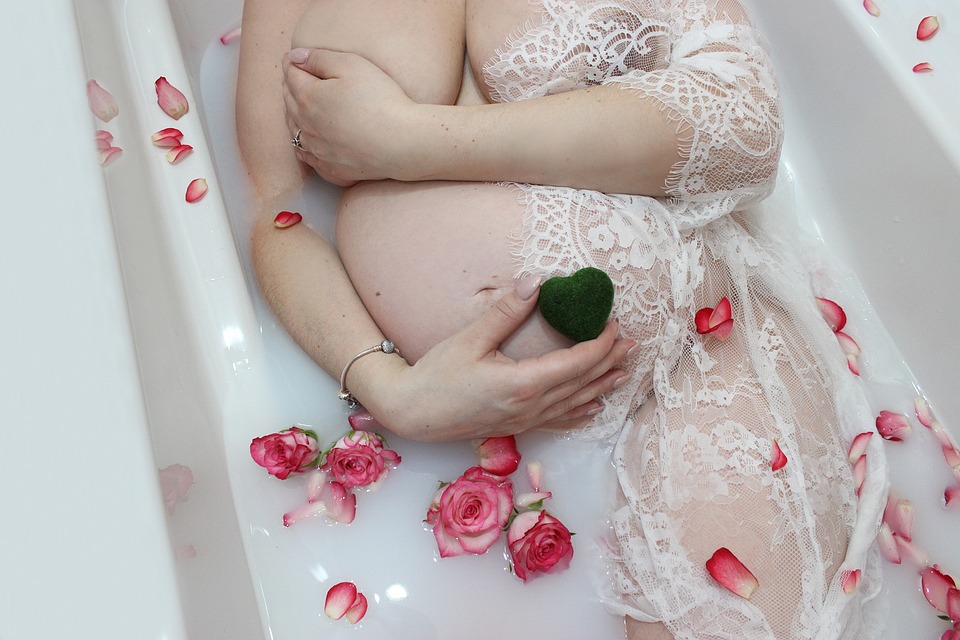
Pregnancy is a beautiful journey that begins with the excitement of a positive pregnancy test and ends with the arrival of your precious baby. It is a time of immense joy and anticipation as you prepare to welcome a new addition to your family. Throughout this journey, your diet plays a crucial role in not only nourishing your growing baby but also in ensuring a healthy pregnancy for yourself.
From the moment of conception, your body begins working tirelessly to support the growth and development of your baby. During the nine months of pregnancy, your body undergoes numerous changes to accommodate the needs of your growing baby. This includes an increase in blood volume, changes in hormone levels, and the development of new tissues and organs.
One of the most important ways to support your body during this time is through a healthy and balanced diet. Your diet impacts every aspect of your pregnancy journey, from your baby’s growth and development to your own health and well-being. By choosing nutrient-rich foods and avoiding unhealthy choices, you can help ensure a healthy pregnancy for both you and your baby.
Before we delve into the specifics of how your diet impacts your pregnancy journey, let’s take a closer look at the nutrients that are essential for a healthy pregnancy:
1. Folic acid: Folic acid is a B vitamin that is crucial for the development of your baby’s brain and spinal cord. It is recommended that all women of childbearing age consume 400 micrograms of folic acid daily to reduce the risk of neural tube defects.
2. Iron: Iron is essential for the production of red blood cells, which are responsible for carrying oxygen to your organs and tissues. During pregnancy, your body’s need for iron increases to support the growth and development of your baby.
3. Calcium: Calcium is important for the development of your baby’s bones and teeth. It is also essential for maintaining strong bones and teeth for yourself.
4. Protein: Protein is necessary for the growth and repair of tissues in both you and your baby. It is important to include sources of high-quality protein in your diet, such as lean meats, poultry, fish, eggs, dairy products, and legumes.
5. Omega-3 fatty acids: Omega-3 fatty acids are essential for the development of your baby’s brain and eyes. Sources of omega-3 fatty acids include fatty fish, such as salmon and mackerel, flaxseeds, and walnuts.
Now that we have a better understanding of the nutrients that are essential for a healthy pregnancy, let’s explore how your diet impacts your pregnancy journey:
1. Preconception nutrition: The foundation for a healthy pregnancy begins before you even conceive. It is important to start eating a healthy and balanced diet at least three months before you plan to become pregnant. By focusing on nutrient-rich foods, such as fruits, vegetables, whole grains, lean proteins, and low-fat dairy products, you can help support your body’s ability to conceive and nourish a growing baby.
2. First trimester: The first trimester of pregnancy is a critical time for the development of your baby’s organs and tissues. During this time, you may experience morning sickness, food aversions, and cravings. It is important to listen to your body’s cues and eat small, frequent meals that are high in nutrients. Focus on foods that are easy on your stomach, such as crackers, toast, and ginger tea. It is also important to take a prenatal vitamin that contains folic acid to support your baby’s neural tube development.
3. Second trimester: The second trimester is often referred to as the “honeymoon period” of pregnancy, as many women experience increased energy and reduced nausea. This is a great time to focus on nutrient-dense foods that will help support your baby’s growth and development. Include a variety of fruits, vegetables, whole grains, lean proteins, and healthy fats in your diet to ensure you are getting all the essential nutrients you and your baby need.
4. Third trimester: In the last trimester of pregnancy, your baby’s growth accelerates, and your body prepares for labor and delivery. It is important to continue eating a healthy and balanced diet that supports your baby’s development and provides you with the energy you need for labor and breastfeeding. Focus on foods that are high in nutrients, such as leafy greens, whole grains, lean proteins, and healthy fats. Stay hydrated by drinking plenty of water and avoid processed foods that are high in sugar and salt.
In addition to the nutrients mentioned above, there are certain foods and beverages that should be avoided during pregnancy to reduce the risk of complications. These include:
1. Alcohol: Alcohol can cause birth defects and developmental delays in your baby. It is best to avoid alcohol altogether during pregnancy.
2. Caffeine: While moderate caffeine consumption is considered safe during pregnancy, excessive caffeine intake has been linked to an increased risk of miscarriage and low birth weight. It is recommended to limit your caffeine intake to 200 milligrams per day, which is equivalent to about a 12-ounce cup of coffee.
3. Raw or undercooked meats: Raw or undercooked meats can contain harmful bacteria that can cause foodborne illnesses. It is important to fully cook all meats to kill any harmful bacteria that may be present.
4. High-mercury fish: Fish that are high in mercury, such as shark, swordfish, king mackerel, and tilefish, should be avoided during pregnancy. Mercury can build up in the bloodstream and affect the development of your baby’s brain and nervous system.
5. Soft cheeses: Soft cheeses, such as brie, camembert, and blue cheese, can contain harmful bacteria that can cause foodborne illnesses. It is best to avoid soft cheeses during pregnancy or ensure they are made from pasteurized milk.
In conclusion, your diet plays a crucial role in every stage of your pregnancy journey, from conception to delivery. By focusing on nutrient-rich foods and avoiding harmful substances, you can help support the growth and development of your baby, as well as maintain your own health and well-being. Remember to listen to your body’s cues, stay hydrated, and take prenatal vitamins to ensure you are getting all the essential nutrients you need for a healthy pregnancy. By following these guidelines, you can enjoy a happy and healthy pregnancy journey from bump to baby.






